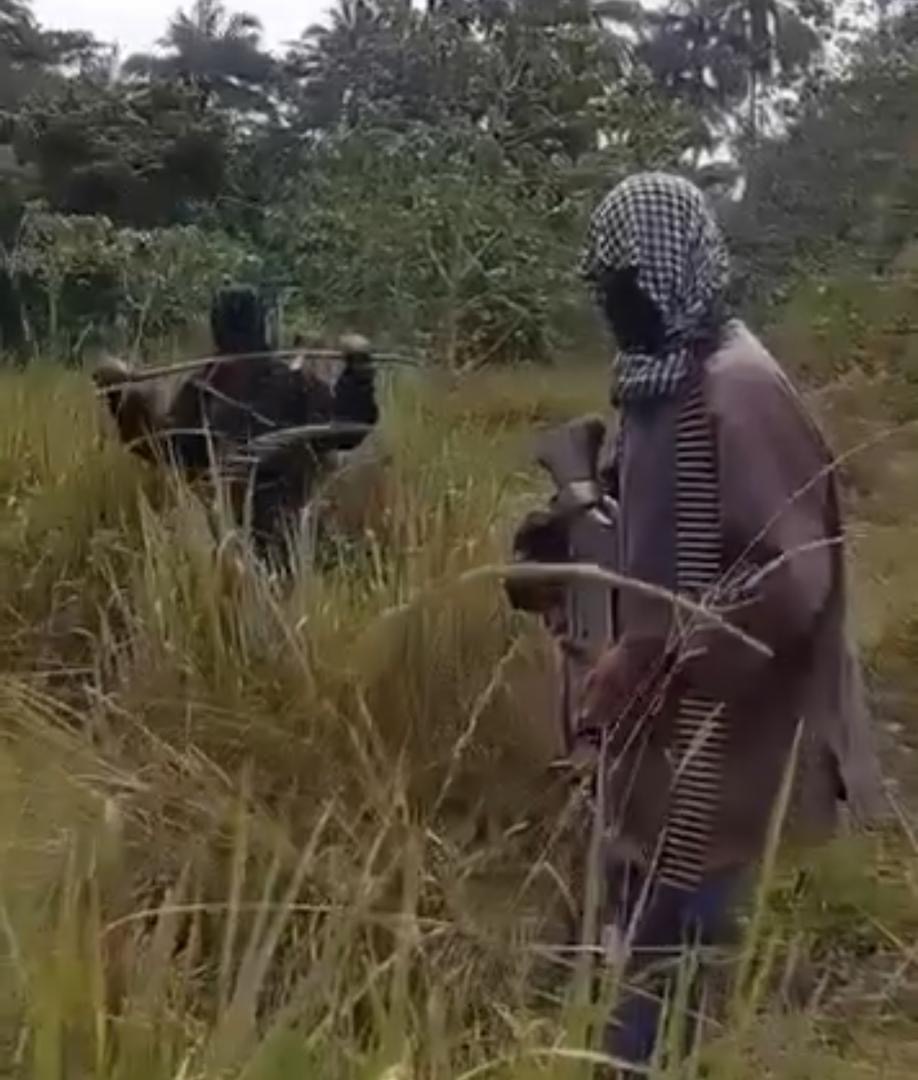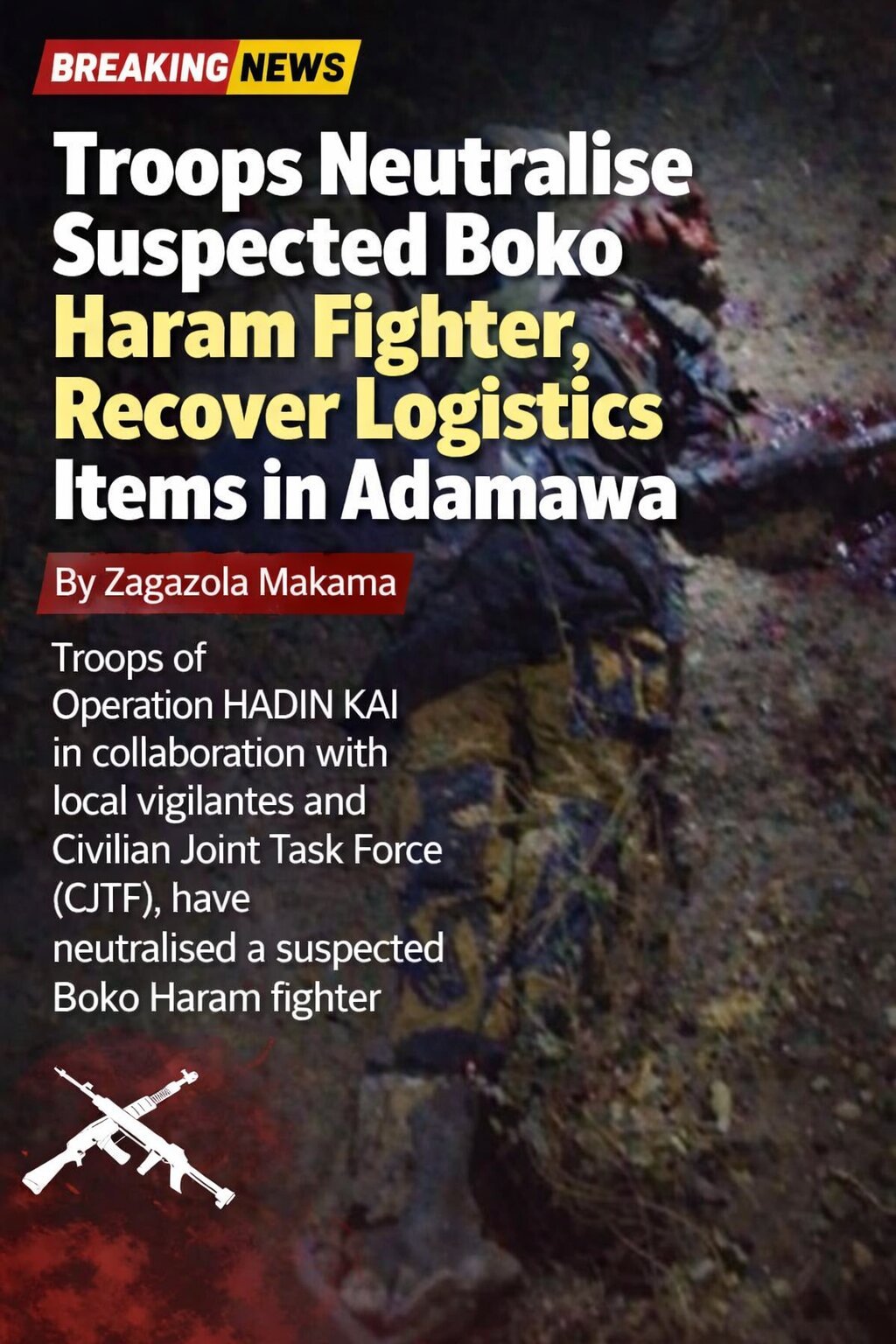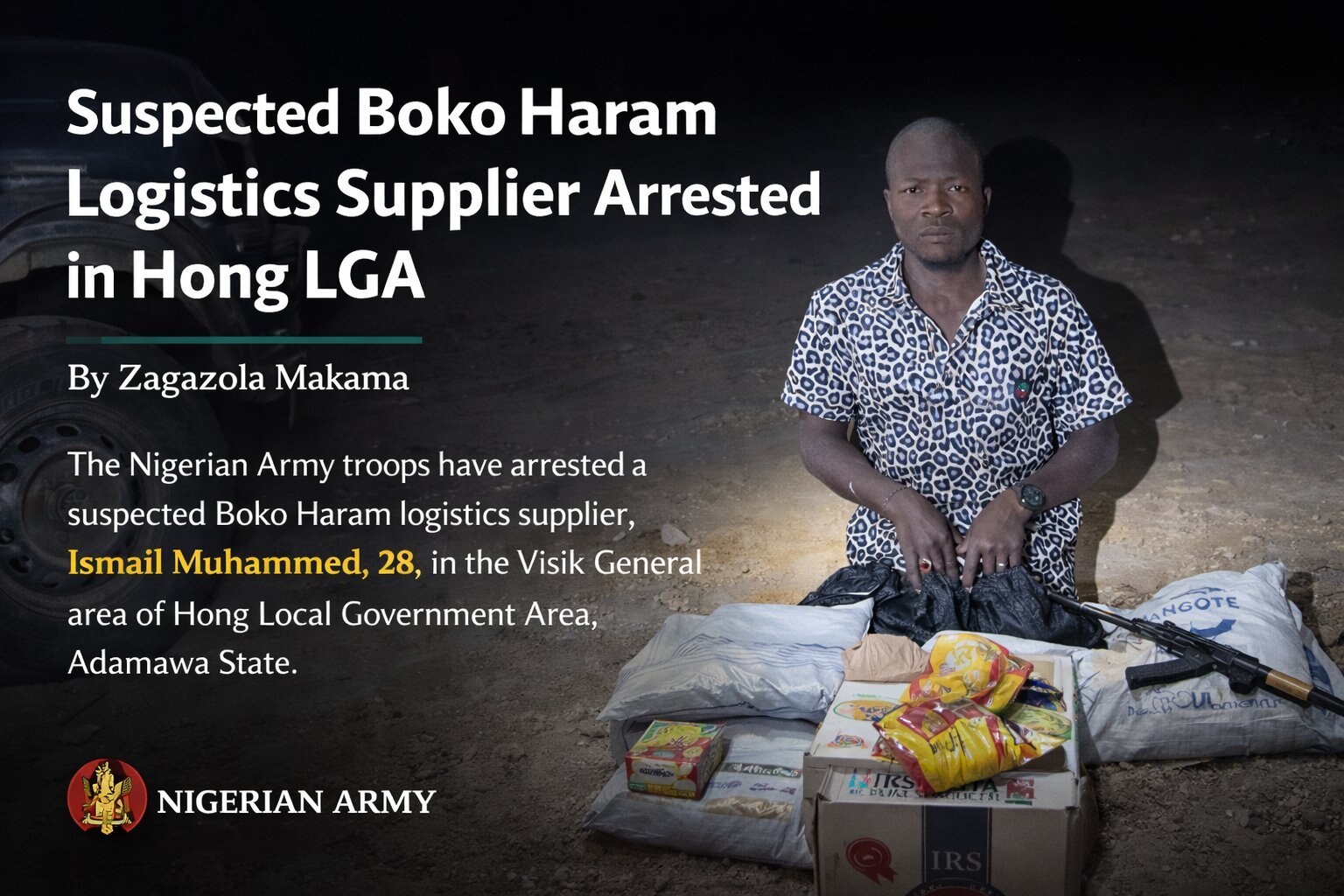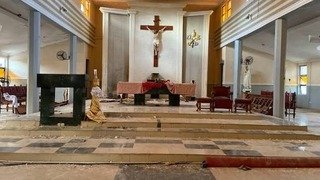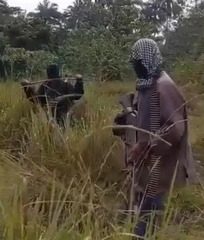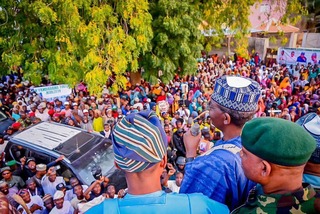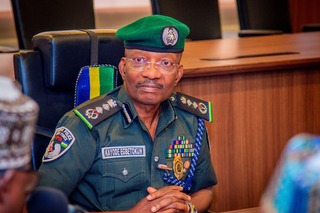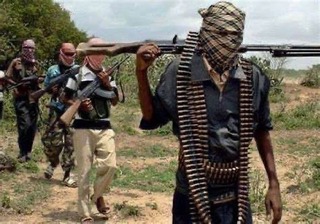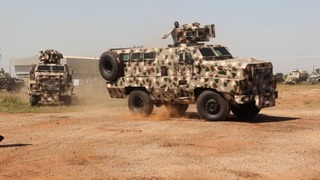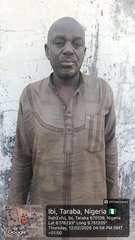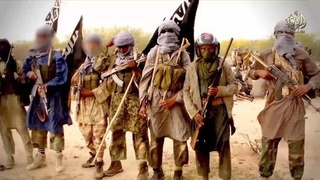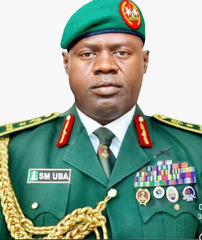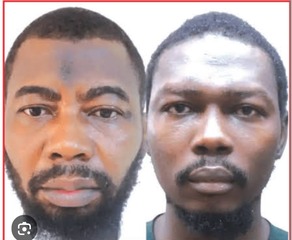IPOB staged video in attempts to frame herders, incite genocide narrative
By: Zagazola Makama
A controversial video circulating on social media has triggered outrage over a “staged attempt to weaponise disinformation, incite ethnic tension and portraying peaceful herder communities as Boko Haram extremists in Nigeria’s South East
The video, which purportedly shows “Boko Haram with arms” issuing threats in Hausa, has been dismissed by multiple security sources, community leaders and conflict monitors as inauthentic and deliberately crafted to mislead the public and international community.
The individuals in the clip neither speak with the accent typical of Boko Haram or ISWAP fighters, nor display the mode of presentation associated with jihadist groups in the North East.
Instead, the attackers’ heavily disguised faces, awkward staging, and inconsistent speech patterns strongly suggest that the recording may have been produced by elements of the proscribed Indigenous People of Biafra (IPOB), allegedly attempting to portray themselves as Fulani or northern extremists.
The objective of such fabrications is twofold: to demonise peaceful pastoralist communities in the South East, and to build false evidence for international audiences by claiming that “genocide” is being committed against Igbo people by Muslim groups despite a lack of credible evidence supporting such claims.
A senior security analyst who has monitored separatist activities in the region described the video as “another poorly staged propaganda material designed to mislead Nigerians and deepen ethnic suspicion.”
According to him, Boko Haram and ISWAP cells have never produced videos with their faces tightly covered in the manner seen in the clip, nor do they speak with the accent heard.
“The mannerisms, language delivery and the entire setup clearly do not align with Boko Haram or ISWAP’s media signatures,” he said. “These are not Fulani herders, nor northern extremists Boko Haram. This was engineered for propaganda purposes.”
Sources in the South East also note that violent attacks in the region over recent years burning of police stations, targeted killings, extortion, enforcement of illegal sit-at-home orders have largely been carried out by IPOB’s armed wing, the Eastern Security Network (ESN). Yet some of these incidents have been blamed on Fulani communities to sustain a dangerous narrative of ethnic persecution.
Such deceptive tactics risk escalating tensions between ethnic groups and misleading international observers into misunderstanding Nigeria’s complex security landscape.
“This is how dangerous precedents are set,” a northern pastoralist leader said. “We have suffered enough from false accusations. Videos like this are used to justify hatred, violence and calls for international intervention based on propaganda.”
Misinformation especially videos staged to impersonate other groups has become a growing tactic among violent non-state actors seeking sympathy, legitimacy or international attention.
As investigations continue, authorities urge the public to verify information before sharing, noting that propaganda remains one of the most potent weapons used by extremist groups to inflame divisions.

